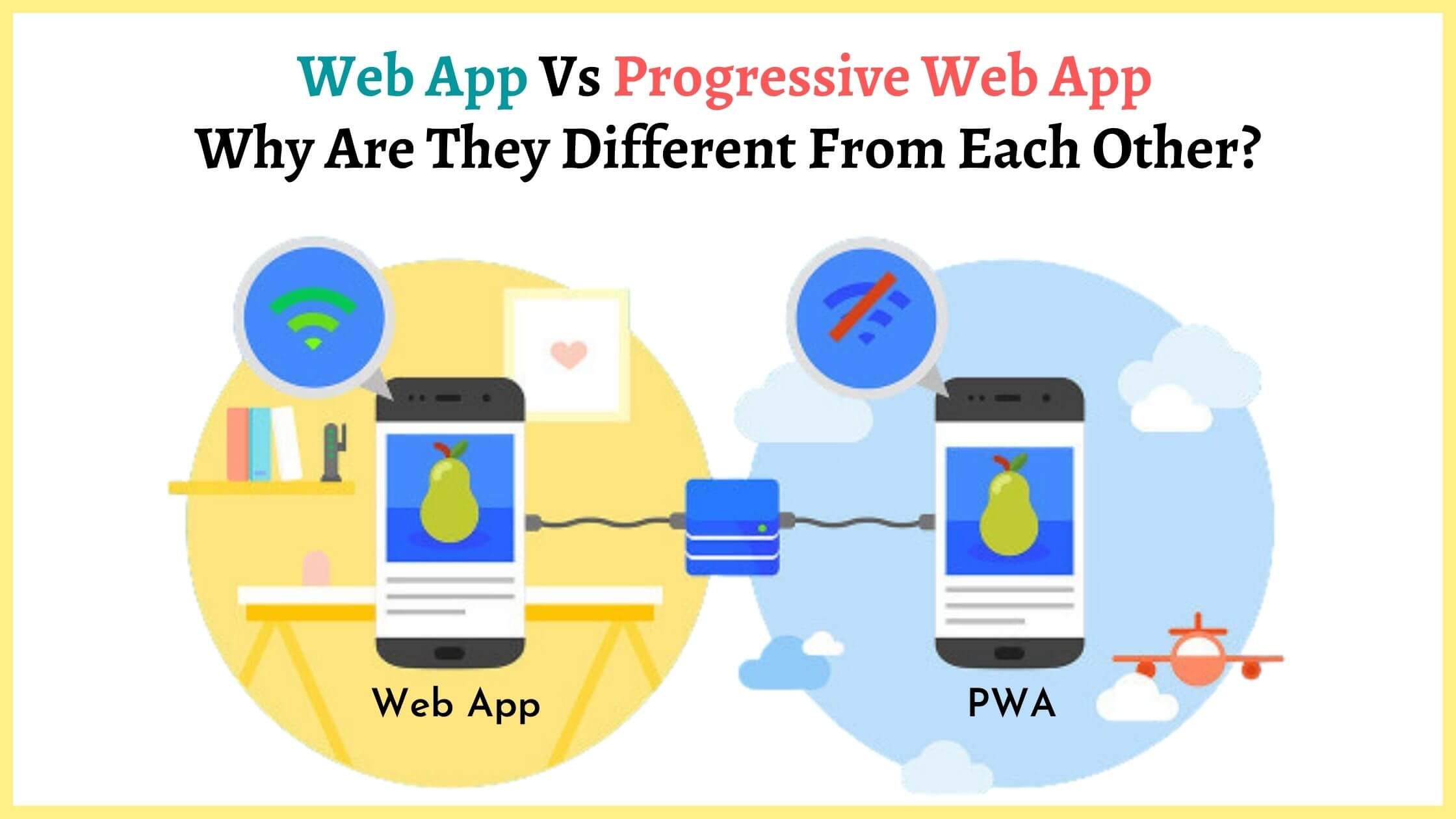Index Surge: Amplifying Your Insights
Stay updated with the latest trends and news across various industries.
Why Progressive Web Apps Are the New Cool Kids on the Block
Discover why progressive web apps are revolutionizing the web experience and why you can't afford to miss out on this game-changing technology!
What Makes Progressive Web Apps Stand Out in Today's Digital World?
In today's digital world, Progressive Web Apps (PWAs) stand out due to their unique combination of features that enhance user experience and performance. Unlike traditional web applications, PWAs offer the ability to function offline, load instantly, and provide an app-like interface that engages users effectively. This is primarily achieved through service workers, which enable the caching of resources and background sync, ensuring that users can access content anytime, anywhere. With rapid loading times and reduced data usage, PWAs not only improve user satisfaction but also contribute to higher conversion rates for businesses.
Additionally, the responsive design of PWAs ensures they work seamlessly on any device, be it a desktop, tablet, or smartphone. This adaptability is crucial in a mobile-first world where users expect smooth interactions regardless of the platform. Moreover, PWAs can be added to a user's home screen, fostering a sense of ownership similar to native applications. As organizations continue to prioritize user engagement and retention, the unique capabilities of Progressive Web Apps position them as a compelling solution for businesses aiming to thrive in the competitive digital landscape.

5 Reasons Why Progressive Web Apps Are Essential for Modern Businesses
In today's digital landscape, Progressive Web Apps (PWAs) have emerged as a vital tool for modern businesses aiming to enhance user engagement and streamline operations. One of the primary reasons for their necessity is their ability to deliver a seamless user experience across various devices and platforms. With features such as offline access, fast loading times, and mobile responsiveness, PWAs ensure that users can interact with applications regardless of their internet connectivity. This capability is especially crucial as more consumers shift towards mobile browsing, making it important for businesses to offer a consistent experience that boosts customer satisfaction.
Another compelling reason to adopt Progressive Web Apps is their cost-effectiveness compared to traditional web and native app development. By utilizing a single codebase, businesses can significantly reduce maintenance and development costs. This efficiency allows organizations to allocate resources more strategically, focusing on innovation and growth. Furthermore, PWAs also improve discoverability through search engines, enhancing organic traffic and brand visibility. Considering these factors, it is clear that embracing PWAs is not just a trend but a strategic move for businesses looking to stay competitive in an increasingly digital world.
How Do Progressive Web Apps Enhance User Experience and Engagement?
Progressive Web Apps (PWAs) significantly enhance user experience through their ability to provide fast, reliable, and engaging interactions. Unlike traditional web applications, PWAs use modern web capabilities to deliver an app-like experience directly within a web browser. This is achieved through features such as service workers that enable offline access and push notifications, making the application more accessible and user-friendly. Users can load content almost instantly, regardless of their network conditions, leading to decreased bounce rates and increased time spent on the app.
Furthermore, PWAs are designed to be responsive and provide a seamless experience across various devices and screen sizes. This adaptability ensures that users enjoy consistent functionality whether they are on a smartphone, tablet, or desktop computer. The integration of features like home screen installation and background updates further boosts engagement. Users can easily access the app with a single click, and the application automatically updates itself in the background, ensuring that users always have the latest content without the need for manual updates.